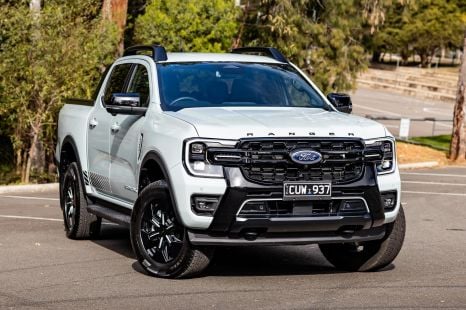

Matt Campbell
3 Days Ago

Senior Contributor
The take-up of electric vehicles (EVs) in Australia remains “hamstrung” by a lack of choice, according to Nissan Australia managing director Stephen Lester.
In the spirit of a rising tide lifting all boats, Mr Lester says Nissan Australia welcomes the arrival of electric rivals to grow the market as a whole, and shift beyond some of the “antiquated” discussions still being held here.
Nissan is relatively established EV brand, with its second-generation Leaf one of the biggest-selling electric options in Australia. The current version will be joined by an extended-range Leaf e-Plus in April, boosting range from 270km to 385km.
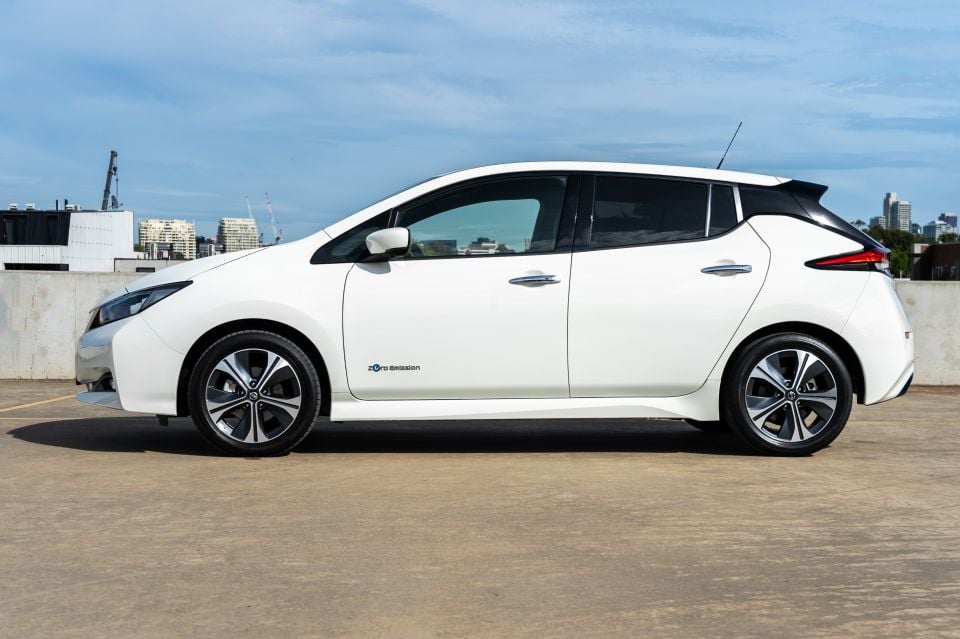
“I would say that, in general, the EV space is only hamstrung at the moment by lack of choice collectively within the industry,” Mr Lester said.
“We ourselves, having two generations now of EVs on sale, are still only offering one, now two models [though] really it’s the same car with two different batteries in it. The reality is, that’s not a lot of differentiated choice for consumers.”
“… Everybody should want to see more competition. Nobody’s nobody’s going to win in that space with only one vehicle,” he said.
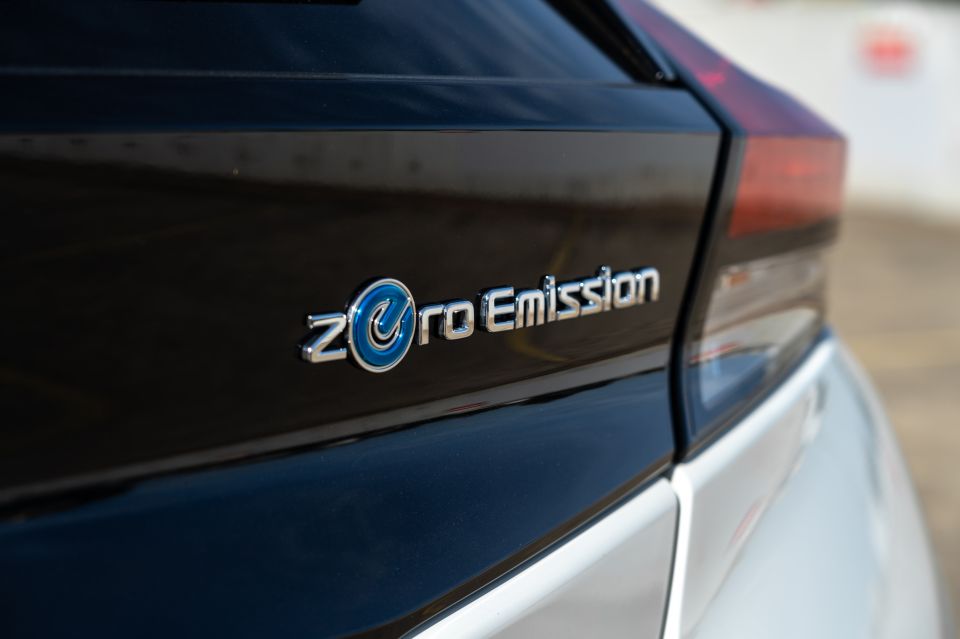
“And so I’m really encouraging of some of the great products that are coming to our shores already, because it’s improving and increasing the narrative and reducing this discussion around the ‘ICE alternative’ vehicle, which I think is just a really antiquated way to look at it.”
Mr Lester is also of the view governments must provide more clarity and direction around electric cars.
Car manufacturers around the globe prioritise electric supply to markets with high demand, which itself is often stimulated by mandated emissions caps or purchase incentives.
“It certainly hamstrings the conversation without a good direction from the government, or a good plan for what they want the long term prospects to be in the country,” Mr Lester argued.
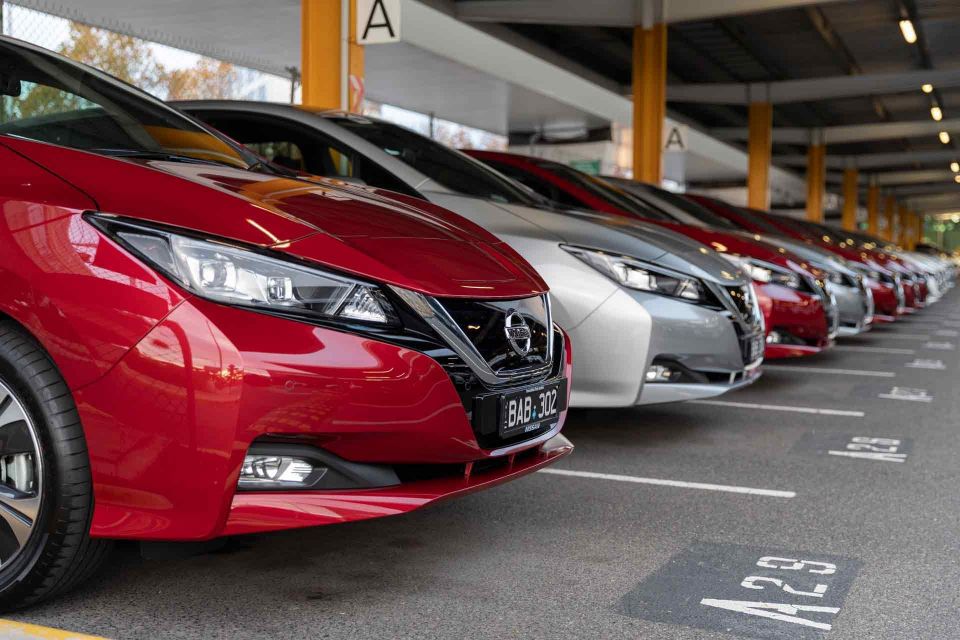
“We’ve got to try to find ways to work around that and work with our other partners. And we use stories like V2G, to also illustrate our capabilities locally outside of just a straight EV play.
“We’ll continue to work with them, lobby the government at all levels, to push for making a policy, making a plan around EVs.”
Australia’s car brands themselves embarked on a voluntary CO2 reduction pathway last year under the aegis of the FCAI peak body. It’s not binding, but the hope is it might give them a leg-up when negotiating electric vehicle factory supply.
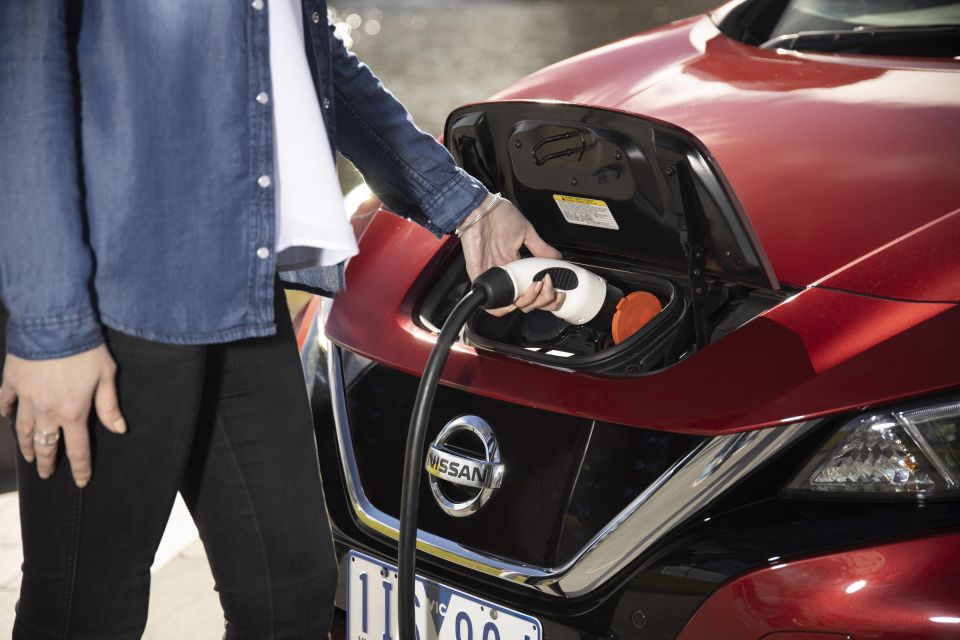
EVs continue to struggle in Australia, with market share well below one per cent. This pales into comparison with the figures across much of Europe, Asia (China in particular), and North America, where enforced fleet-wide CO2 reductions and buyer subsidies drive take-up.
One example is another major right-hand drive market, the UK, where EVs accounted for 6.6 per cent market share in 2020. Numerous big sellers there like the Renault Zoe, Volkswagen ID.3, Polestar 2, Honda E, Kia Soul, and Peugeot e-2008 are not presently available here.
MORE: UK brings forward internal-combustion sales ban to 2030
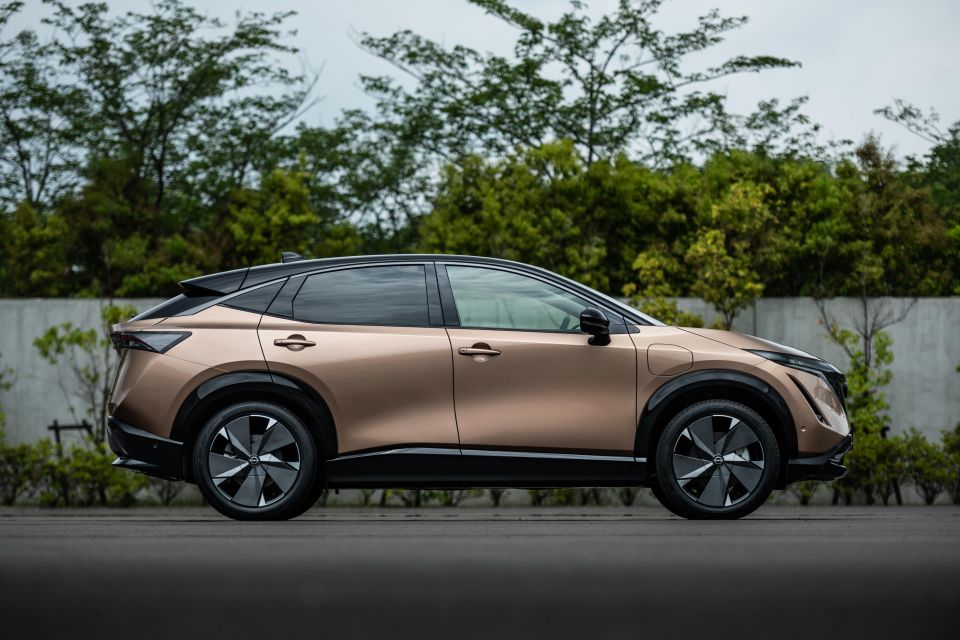
One major opportunity Mr Lester sees is the Nissan Ariya crossover revealed last year, which he says is desired for Australia. However, there’s still no confirmed timeline on when this market will secure production slots and by extension, supply.
“We’re wanting to get Ariya, no question about that,” he said.
“They’re continuing globally to work on the rollout for all of the markets around the world. The primary markets that we’ll be launching, are going to be starting with the US. And then, of course, we will have our hands up in the air as quickly as we can to get it to our shores.”
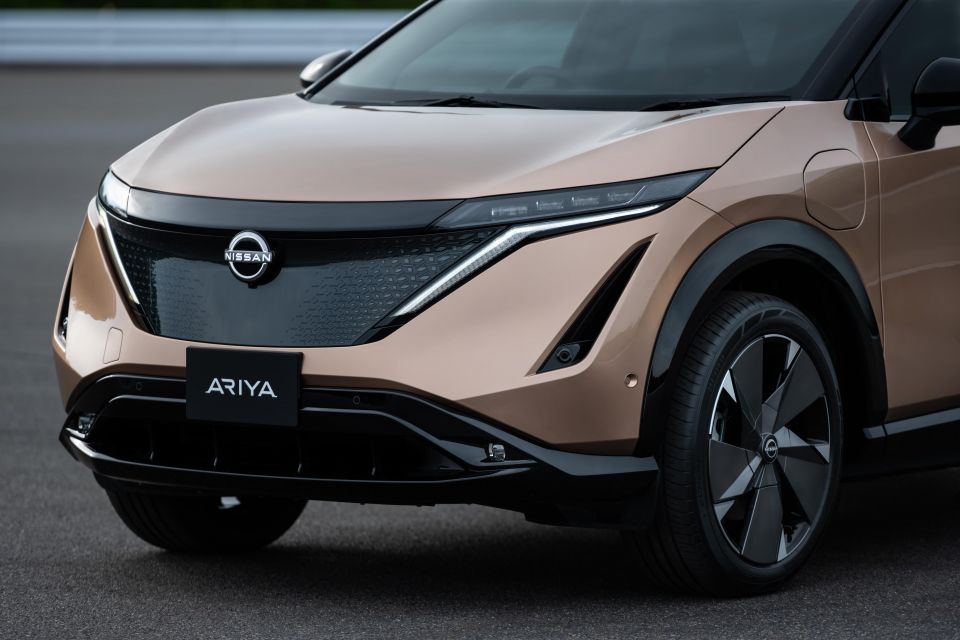
“… We need products like Ariya, quite frankly, to help expand and to increase interest, to speak to the actual needs in a more diverse way.”
Want more related EV content?
MORE: Lack of renewable energy will ‘hold back’ Australia’s EV uptake – Mazda MORE: Here are some Euro-market EVs that Australia misses out on MORE: Volkswagen pans SA and Victoria’s ‘crazy’ EV road tax plans MORE: Australia needs national EV policies, not piecemeal state ones MORE: EV Council, FCAI, Hyundai slam South Australia’s proposed EV tax MORE: Australia’s fleet managers explain their low EV take-up MORE: Cost comparison, how cheap are luxury electric cars to service? MORE: Polestar compares an EV’s environmental impact to a conventional car MORE: EVs in Australia report outlines sales, and improving consumer sentiment MORE: Q&A with Jane Hunter, Tritium CEO
Take advantage of Australia's BIGGEST new car website to find a great deal on a Nissan Leaf.


Matt Campbell
3 Days Ago
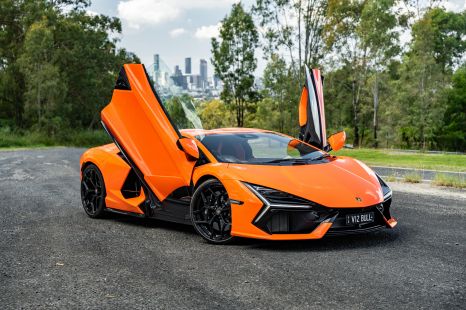

Alborz Fallah
3 Days Ago
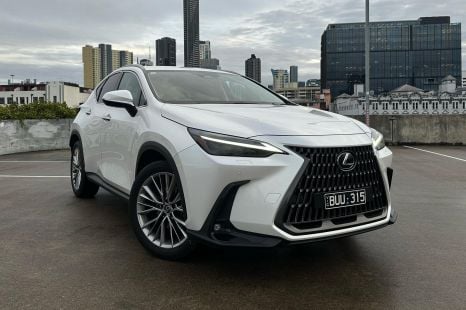

William Stopford
2 Days Ago
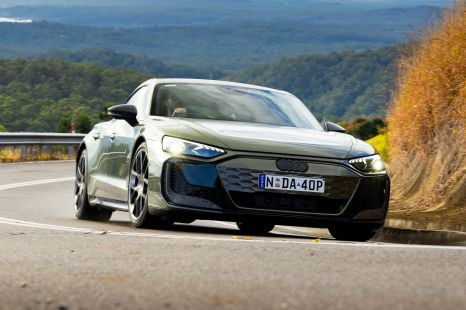

James Wong
2 Days Ago
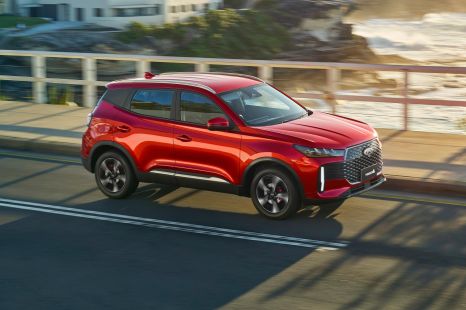

Max Davies
15 Hours Ago
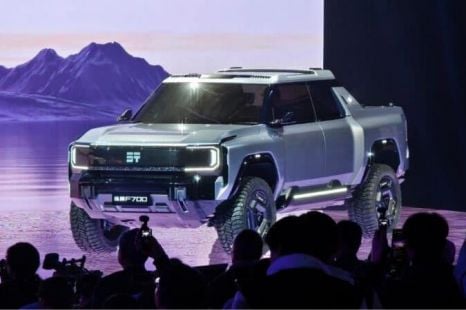

Max Davies
15 Hours Ago